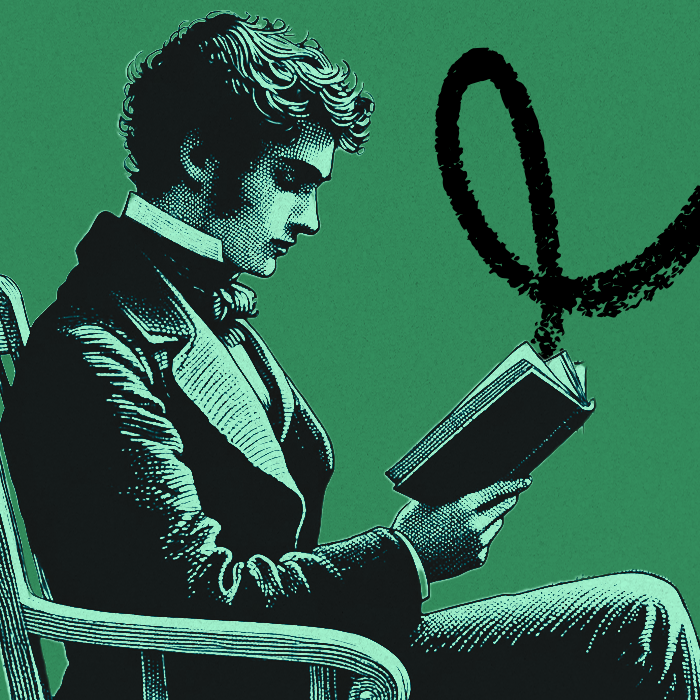
Sponsored By: Hubspot
This essay is brought to you by HubSpot, the leader in sales and marketing intelligence. Discover the power of AI in transforming sales in data from Hubspot and G2 featuring insights from over 600 professionals in B2B and B2C sales. Learn how top teams are leveraging AI tools to streamline their processes, free up time for meaningful customer interactions, and boost their closing rates.
“Technology alone is not enough—it’s technology married with liberal arts, married with the humanities, that yields us the results that make our heart sing.”
I’ve been reflecting on this quote from Steve Jobs, which he said during the unveiling of the iPad 2 in 2011, a lot lately. The explosion in AI tools is rapidly decreasing how much it costs to create new technology. Many of the simple market opportunities, the easy and obvious things, are either dominated by pseudo-monopolies, like Google, or are blood baths filled with thousands of minnows (see SaaS). We’ve had a decade of good times and abundant capital, with most founders locked in a cage match over opportunities that have been market-mapped and analyzed to death. Now, the bottom has fallen out. More than 3,200 startups and $27.2 billion in venture capital are gone. All of this put together makes for one of the most confusing times in the history of the technology industry. Sprinkle in a lack of clarity on whether VR, AI, or crypto will be the next big thing, and it’s a mess. Founders don’t know what to build, investors don’t know what to fund, and to some extent, consumers don’t know what they want.
We are in an age of noise.
The frameworks that got us here, of jobs-to-be-done or product-market fit, will be insufficient going forward. For founders to have extraordinary outcomes, they will have to find alpha in markets that aren’t easily understood.
Which is to say, technology alone won’t be enough. The other essential ingredient will be taste. Technology without taste is a melody without a rhythm. To operate well, to build winning companies and enduring careers, you have to clear a bar that is beyond technical excellence. It requires an intuitive grasp of human need. And building products for these needs demands not just technical excellence but superior taste.
In an era where efficiency is key, sales teams are increasingly turning to AI to revolutionize their workflows. HubSpot and G2's new data reveal critical insights from 600+ sales pros and leaders, highlighting the impactful role of AI in both B2B and B2C environments. These tools are not just about automation; they're reshaping how sales teams connect with prospects, offering smarter, more strategic approaches. Discover how AI can help your team close more deals, reduce manual labor, and focus on what truly matters: building strong customer relationships.
This is not a new insight because, like, Jobs himself said it. But I have found that when most technologists apply this idea, they tend to do so in a misguided way. In threads where people list off their favorite books of 2023, people fart out the same nonfiction drivel they think will help them—stuff like Sapiens, How to Win Friends and Influence People, or the new Musk biography.
And even if people read, which is rare enough, it often devolves into an intellectual masturbation habit. For example, the 75 HARD challenge is a diet/exercise regime with over 1 million participants that is supposed to be an “Ironman for your brain.” You do things like work out twice a day and avoid alcohol. One of the most important parts of the challenge is that you can only read nonfiction or self-help books for 10 minutes a day—a dual indignity that reduces consumption to a checklist.
This is a shallow, performative version of the humanities. What’s missing is the why and the how. Without those two, the default path, the one offered up by airport bookstores and VC content marketing, will slowly take over your mind.
The problem you solve for customers is increasingly one they can’t even articulate for themselves. The ones that are easy to understand have already been built and funded over the last 20 years. Building something of true excellence will require a hungrier engagement with the world—and that will have to start with developing superior taste.
Why consuming helps building
T.S. Eliot was the rare literary critic who had more talent than the folks he was writing about. His most famous poem, "The Waste Land,” is one of the pinnacles of modernist writing and a wonderful winter read. In between writing ground-breaking poetry, he dabbled in nonfiction. One of his best works was his 1919 essay, “Tradition and the Individual Talent.”
His relevant argument is on the role of tradition. I apologize for the big ol’ quote, but the guy wrote in the 1910s, and they weren’t exactly quippy back then.
“Tradition is a matter of much wider significance. It cannot be inherited, and if you want it you must obtain it by great labour. It involves, in the first place, the historical sense, which we may call nearly indispensable to any one who would continue to be a poet beyond his twenty-fifth year; and the historical sense involves a perception, not only of the pastness of the past, but of its presence; the historical sense compels a man to write not merely with his own generation in his bones, but with a feeling that the whole of the literature of Europe from Homer and within it the whole of the literature of his own country has a simultaneous existence and composes a simultaneous order. This historical sense, which is a sense of the timeless as well as of the temporal and of the timeless and of the temporal together, is what makes a writer traditional. And it is at the same time what makes a writer most acutely conscious of his place in time, of his own contemporaneity.” [Emphasis added]
Eliot is arguing that a creation that is “traditional,” meaning a work so profound that it resonates in the bones, is one that is grounded in an understanding of what came before it. In the technology world, that means not only understanding what products were built, and why they did or did not succeed; it also requires developing a historical sense, an understanding of the many factors that go into a generation’s experience. You have to know the soul of the object and the culture surrounding its use case.
Look at the best technology products. Their aesthetic and features vary widely, but regardless of what they do, something ignites customers’ souls. Beyond simple utility, the unique mix of look, feel, and benefit is otherworldly. Recently, for me, it was ChatGPT. I also have fond memories of the first time I used an iPod or discovered a community on Reddit. I don’t think you can make something of this resonance with Gantt charts and spreadsheets. It requires, as Eliot would say, the historical sense. It requires “a sense of the timeless as well as of the temporal.”
The humanities matter for founders because these subjects build an intuitive grasp of the world. Music producer Rick Rubin describes building this sense in his book The Creative Act: A Way of Being:
“We are all antennae for creative thought. Some transmissions come on strong, others are more faint. If your antenna isn’t sensitively tuned, you’re likely to lose the data in the noise. Particularly since the signals coming through are often more subtle than the content we collect through are sensory awareness…How do we pick up on a signal that can neither be heard nor be defined? The answer is not to look for it. Nor do we attempt to predict or analyze our way into it. Instead, we create an open space that allows it.” [Emphasis added]
You have to dive deep into the content of the world to build this antennae. Nonfiction books recommended by podcasters are part of that, but there is so much more.
Most people who go down this path think of themselves as blocks of marble, trying to learn new things to grind their cognitive marble into a beautiful shape. For them, quality books are sharp tools, just right for the job of shaping our souls. This is not quite right. Instead, diving deep into other people’s perspectives is about grafting new parts onto your block of marble. It is finding the beauty and majesty in everything.
It is just as important to understand why Korean cinema has been so incredible over the last 20 years as it is to understand how an LLM works. There is a spiritual fusion that comes from artistic sense and technical excellence. By contrast, crypto’s failure to achieve consumer adoption in 2022 was driven by technical excellence and zero taste. Over-pixelated headshots and ugly monkeys won’t drive broad usage. Crypto founders were playing the hits for the hometown, software engineering crowd.
Why should founders care deeply about the humanities? Because they fine-tune your sense for customers’ emotions, and—if you’ll excuse me for waxing spiritual—they allow you to be in touch with a divine part of yourself that is responsible for creation.
So, how can you pick what to engage with? The answer is more complicated than you might think. For most of human history, content was created linearly: you studied the work that came before you, then created something in response to what you saw and felt. The internet changes that.
Now is the greatest time in history to consume
Let’s start with a counterintuitive number: music that was released over 18 months ago now represents 70% of the U.S. market.
Spotify has changed what it means to engage with music. It smashes together old and new. The Beatles are competing against Cardi B in a way that wasn’t possible when CDs were the primary music distribution channel. There was limited shelf space and a finite amount of music you could buy. Now, Spotify means that you can listen to an unlimited, broad, and deep catalog.
Take me, for example. Since I’m a snobby asshole, you could probably guess that my most-played artist in 2023 would be Mozart, for whom I was top .5% in the world.
But my other top artists are all over the map. After Mozart (classical), they were, in order, Skrillex (EDM), Radiohead (alternative rock), Drake (rap), and Boygenius (gay rock).
It’s not just that you can listen to any track you want, from any period of time in history—it’s also that you can listen to it in new formats. Many of the top new songs of 2023 first went viral on TikTok or Instagram Reels and then transferred into Spotify streams. Songs will be recut and mixed with different versions. Over the course of a day going viral, there will be hundreds of reimaginings of the work, and video and social shareability become primary ingredients. This is a profoundly novel blending of form and culture.
Because distribution is unlimited and content creation is close to free, the conversation between works of creation is more of a smushed-together ball of different colors of Play-Doh than a linear progression. In contrast to Eliot arguing that you should know the journey of literature from Homer to Shakespeare to Stephen King, historical works are as popular as newer ones. Culture shifts from a timeline into a snake eating its own tail. That means your startup can be inspired by an innumerable number of things—videos, music, books, mashups of the three, all versions of past and present influencing the future you are trying to make. It also means that the world into which your product is born is far more complicated than it was for a startup that was founded even five years ago.
The natural question is how to find the “good stuff” to consume.
First, cultivate an attitude of curiosity. Pieces of culture are popular for a reason. Sometimes, that reason is that it appeals to the lowest common denominator of human instinct (i.e., porn). But most of the time, they’re popular because they’re intrinsically compelling. One of the greatest gifts my wife has given me is teaching me how to be curious. I genuinely enjoy everything now. Girl-power pop? Sign me up. Dune: Part Two in IMAX? Hell yeah. Lesbian poetry from the 16th century? Bring it on. The classics are the classics because they rule. Popular culture is popular because it is great. If you find yourself dismissing content out of hand, alter your mindset. Ask why others find it good and see if you can inhabit their perspectives.
This is the same skill that is required to build products for customers: you have to be able to see things from their eyes.
Second, ChatGPT is your best friend. AI has been trained on most things human beings have ever created. It can give you a real sense for what books, movies, or art you might enjoy. For example, I typed in the last 10 books I read that evoked a sense of wonder in me and asked for a painter whose work would give me a similar feeling. The first recommendation ChatGPT returned was Zao Wou-Ki, a Chinese-French painter whose abstract landscapes just do something to my soul. I mean, look at this thing.
19.11.59, 1959, Zao Wou-Ki.ChatGPT can help with interpretation as well. When I’m reading a particularly dense book, I’ll often take a screenshot of the page and ask for help understanding the narrative. From there, I end up in an hour-long dialogue, during which I learn more and more about the context of what I am reading.
Finally, once you have found content you like, online communities are your best friend. I’ve been getting into anime—a deeply overwhelming world if you’re unfamiliar with it. Whenever I want to geek out or get clarification, I can head over to Discord or Reddit and find devoted fans who are willing to walk me through the work.
Ironically, while the internet changes the form factor of everything and makes the boundaries of the work fungible, it simultaneously makes it possible for us to love more content at once than ever. If you use the internet to discover what is popular in cultures that aren’t obvious to you and pair that discovery with explanations from AI and online communities, the journey of making your creative antennae stronger never has to end.
As our technical capabilities improve and it gets easier to inject technology into all kinds of products, founders need to move away from asking what they should add to what they shouldn't. Of course, you have to understand your customers’ needs, but you also need to understand their ontology. In “Tradition and the Individual Talent,” Eliot argues: "What happens when a new work of art is created is something that happens simultaneously to all the works of art which preceded it." The same is true in tech. The product you build today changes everything else around it.
In a world awash with technology, let's strive for the extraordinary, where our innovations don't just function but feel alive, enriched by the essence of the humanities.
The Only Subscription
You Need to
Stay at the
Edge of AI
The essential toolkit for those shaping the future
"This might be the best value you
can get from an AI subscription."
- Jay S.
Join 100,000+ leaders, builders, and innovators

Email address
Already have an account? Sign in
What is included in a subscription?
Daily insights from AI pioneers + early access to powerful AI tools
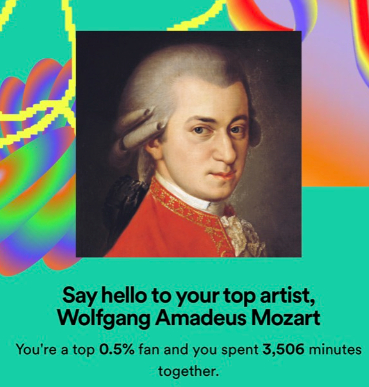
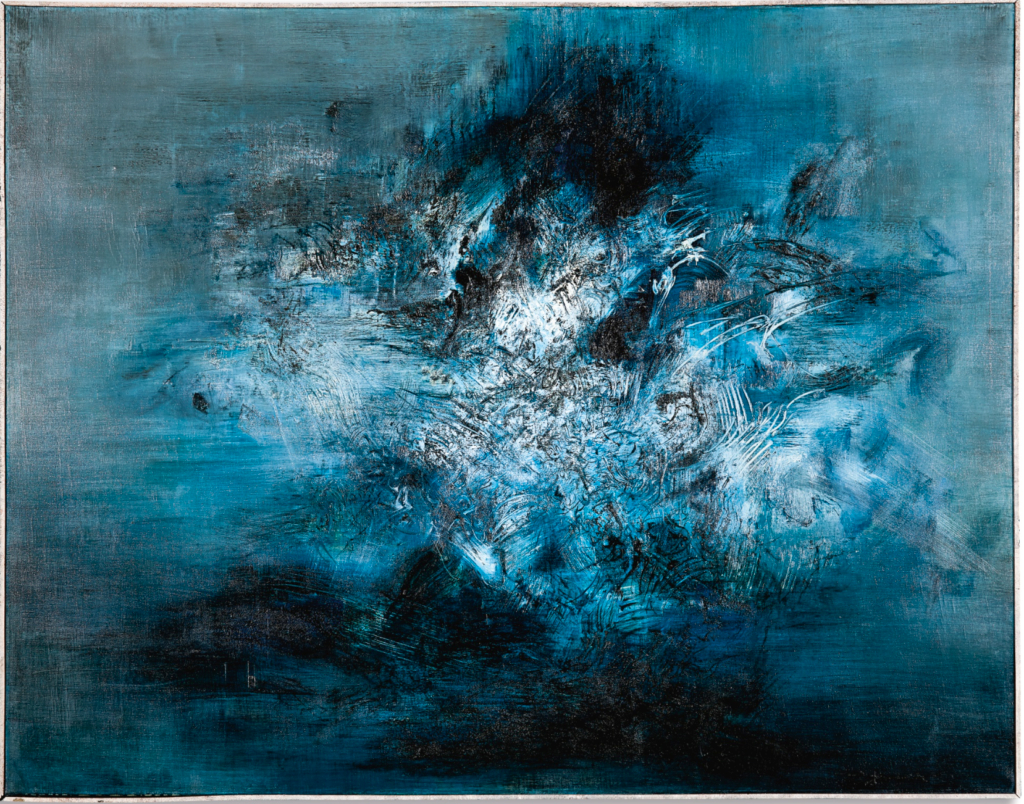






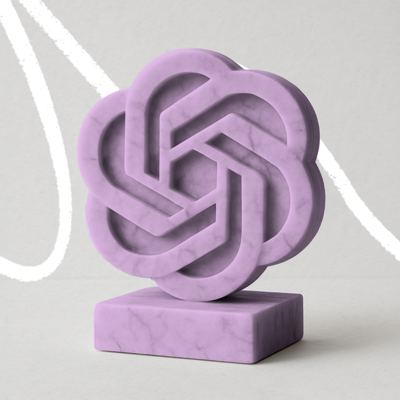
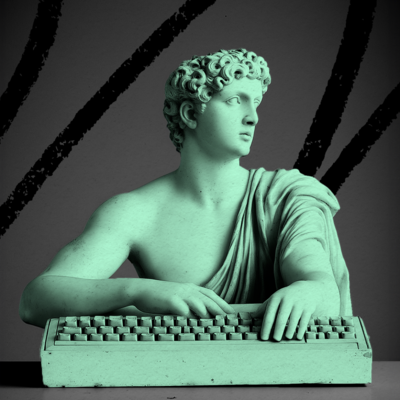
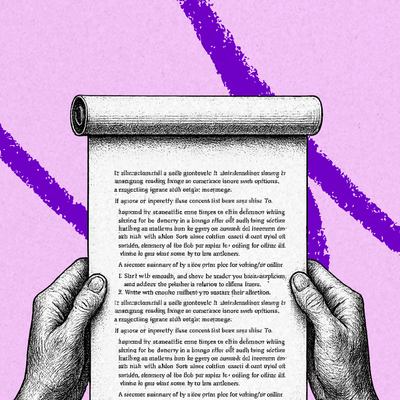

Comments
Don't have an account? Sign up!
I'm sharing this far and wide whenever the mood is right. At least when I believe it is.
Thank you for acknowledging the general lack of curiosity. ChatGPT and I recently explored a train of thought as to why this innate human trait needs to be re-learned?! Spoiler alert: we’re overstimulated with content. https://erickerr.medium.com/the-curiosity-stimulation-paradox-cdf96cbf4cd2
@_erickerr love that, thanks for sharing Eric!
Dan great piece and you were one of the first guest speakers we had in the journalism department regarding media entrepreneurship and technology. Am working with the dean of education at Lehigh to incopoate this in many of our non-tech aspects for students and allumni starting with a course Understanding Artificial Intelligence from a Humanistic perspective we have for allumni and students. Thinking about going for a grant to be a pioneer university doing this...can I introduce you to the Dean of Education here and talk about ways to possibly work together?
Fantastic post. Even better than consuming is actually doing things that grow your mind in unique ways.
Brilliant article, inspiring and I fully agree that taste and our senses are essential for building exciting new products / offering